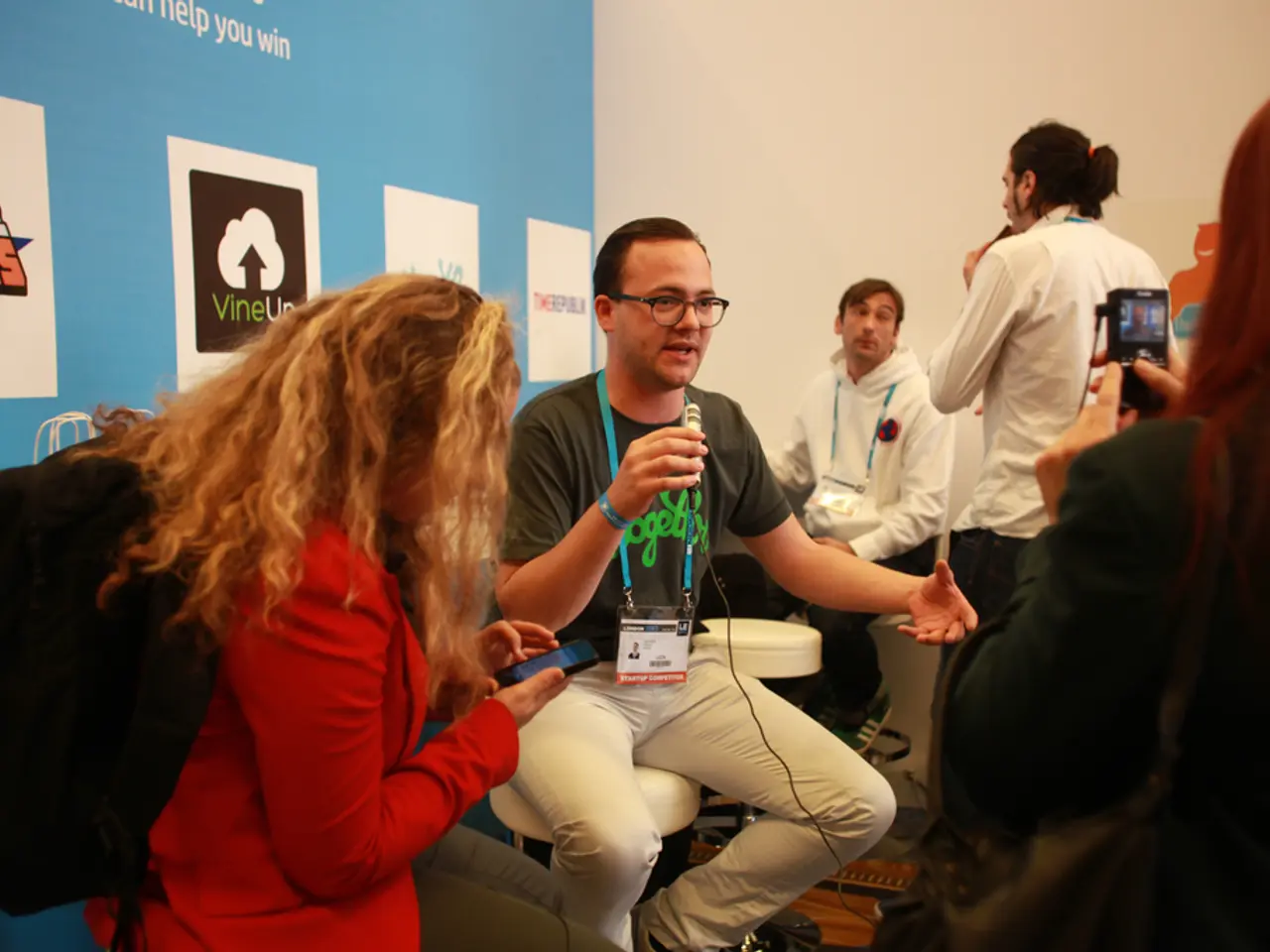Interview Strategies for Identifying Elite Professionals: A Roadmap to Recruit Exceptional Workforce
Behavioral interviewing, a method developed by industrial psychologists in the 1970s, has become a popular approach in the hiring process. Unlike traditional interviews, this method focuses on candidates' past behaviors to predict future job performance.
In a behavioral interview, interviewers use specific examples structured often by methods like the STAR (Situation, Task, Action, Result) method. This approach reduces interviewer bias and provides insights into candidates' interpersonal skills, problem-solving, and adaptability.
However, research indicates that structured interviews, which can include standardized behavioral questions, are up to twice as predictive of job performance compared to unstructured traditional interviews. Structured interviews use consistent questions, fixed scoring rubrics, and job-related criteria, enhancing fairness, reliability, and legal defensibility.
Despite its effectiveness, behavioral interviews alone have lower standalone validity coefficients than technical skills tests, cognitive ability tests, work samples, or job knowledge tests. For the best hiring outcomes, it is recommended to combine behavioral interviews with other assessments, including technical tests and personality or psychometric evaluations.
Vague responses should not be accepted in behavioral interviews. The STAR method helps interviewers to evaluate a candidate's problem-solving skills, communication skills, and adaptability. Follow-up questions should be used to get more than surface-level answers. Negative examples should not be ignored as they provide valuable insights into a candidate's character, resilience, and learning ability.
Core competencies should be identified for each role, such as communication, leadership, problem-solving, etc. The funnel approach is an advanced behavioral interviewing technique that starts with a broad question and then zooms in on specific details. Leading questions should be avoided, and rating scales can be used to score candidates' answers consistently.
The contrast method is used to spot growth mindset and distinguish it from those who think they are always right. This method involves asking candidates to share both a win and a fail in the same skill area. Red flags for bad answers include blaming others, dodging questions, or giving super vague answers.
Creating competency-based interview guides can help in hiring the right person, not just the best talker. Behavioral interviews should be integrated into the entire hiring process, including pre-interview preparation, during the interview, and post-interview evaluation. Research from SHRM shows that behavioral interviewing is 55% better at predicting job performance than traditional interviews.
In conclusion, behavioral interviewing is more effective than traditional interviews but is ideally used within a structured format or combined with other assessment methods for the best prediction of job performance. By asking candidates to share real stories about their past behavior and the results, behavioral interviewing helps cut through the fluff and find out how someone really works.
- The funnel approach in behavioral interviewing, starting with a broad question and then focusing on specific details, can help identify core competencies like communication, leadership, and problem-solving.
- Besides being more effective at predicting job performance than traditional interviews, behavioral interviews also provide insights into a candidate's mindset, resilience, and learning ability by asking for both negative and positive examples.
- To find out how a candidate truly performs, behavioral interviews, when combined with technical tests, personality or psychometric evaluations, and a competency-based interview guide, can ensure a comprehensive and fair hiring process.




